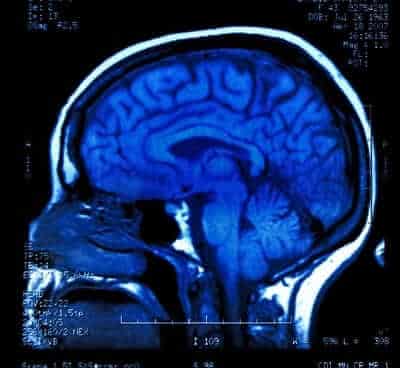
Often times the effects of drugs are very similar to the symptoms of mental illness and vice versa. It can be very difficult to tell if someone is suffering from addiction or a mental illness. Here are some things to be aware of if you are concerned for the health of a loved one.
The National Center for Biotechnology Information (NCBI) asserts that the abuse of certain substances can lead users to suffer from side effects that mimic mental illness disorders. Prolonged abuse and addiction can cause symptoms and side effects that might lead others to believe their loved one is suffering from mental illness.
Substances to Be Aware of
If you’re concerned about the health of a loved one, the symptoms you’re seeing may be connected to drug abuse or addiction. These five substances can lead to substance-induced disorders that are not part of a coexisting condition or dual diagnosis.
- Alcohol
- Cocaine
- Hallucinogens
- Opioids
- Sedatives
Substance-Induced Side Effects
The side effects caused by these substances can range from mild to severe. NCBI explains that many side effects are exhibited in accordance with what is referred to as the “teeter-totter principle”.
Alcohol
For example, a person abusing alcohol, which is a depressant, will likely exhibit hyperactivity, anxiety and an elevation in blood pressure as common side effects.
Cocaine
Conversely, a loved one who’s abusing cocaine is more likely to be lethargic, apathetic or move slowly after they come down from a cocaine high. These are some of the common substance-induced symptoms that can fool you and others into worrying that a friend or family member is suffering from mental illness when, in fact, they’re abusing drugs.
- Mood disorder
- Sleep disorder
- Sexual dysfunction
- Anxiety disorder
- Psychotic disorder
- Delirium
- Persisting amnesia disorder
All Users Do Not Have a Mental Illness
Even though the presence of these side effects mimic mental illness and don’t necessarily indicate its presence, drug and alcohol addiction are still a form of illness. According to the National Institute on Drug Abuse, addiction is defined as a chronic illness of the brain that leads the person affected to seek out and use drugs or alcohol compulsively regardless of the consequences they face.
You Are Not Alone
Acknowledging that someone you care about is suffering from addiction can be painful. The added confusion caused by uncharacteristic behavior and strange side effects can compound the problem, leaving you unsure of how to seek help.
Treatment Works
Effective help for you or a relative who’s exhibiting any of these substance-induced symptoms is only a phone call away. Reach out to a doctor, counselor or treatment facility to get help today. Those who are trained in dealing with addiction can help differentiate symptoms caused by substance abuse from those caused by mental illness.
Explore this article:
Explore Our Facilities
Drug and alcohol detox and residential treatment for addiction and mental health disorders
Outpatient treatment center for substance use disorder and mental health disorders
Outpatient treatment center for substance use disorder and co-occurring mental health disorders







